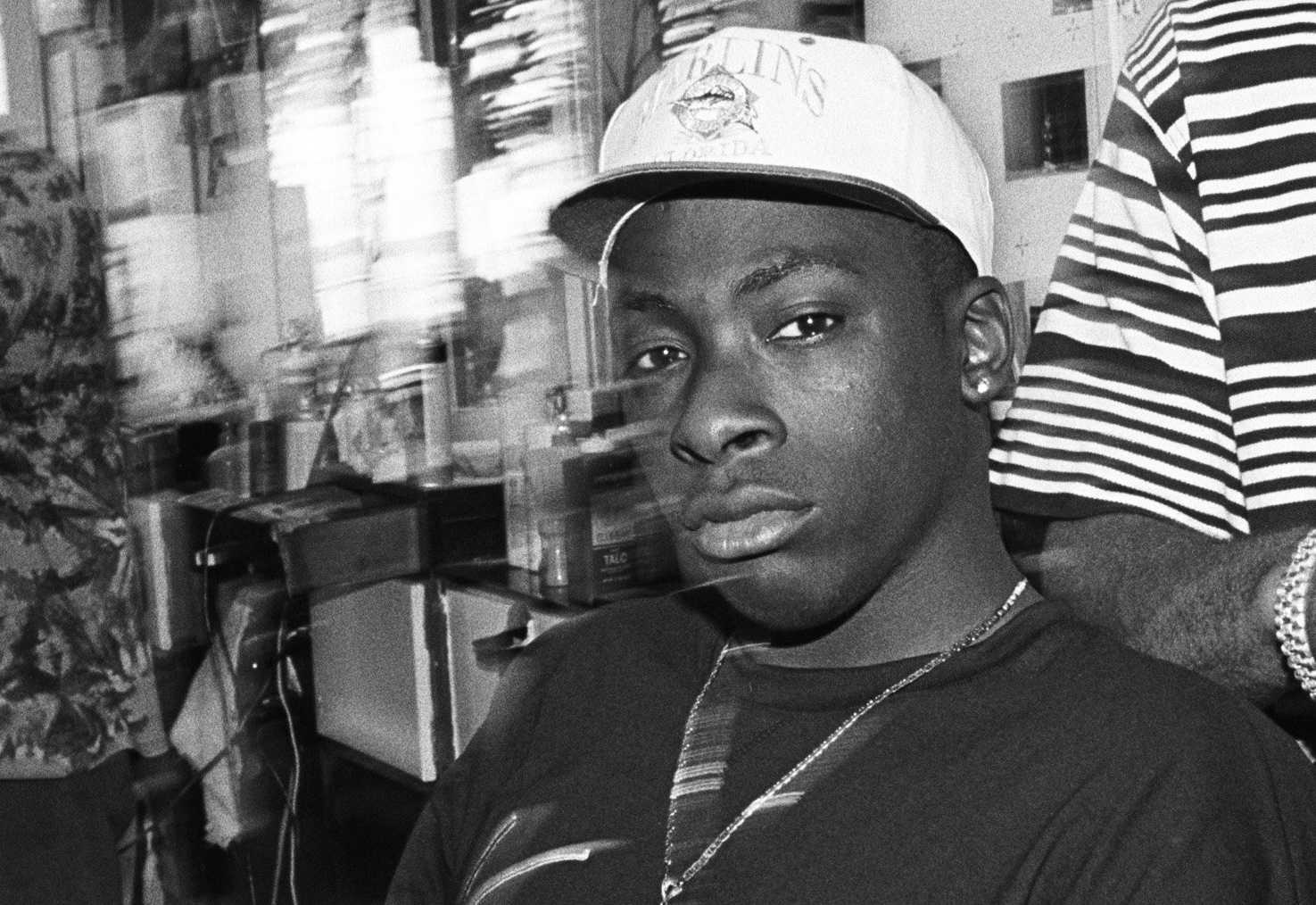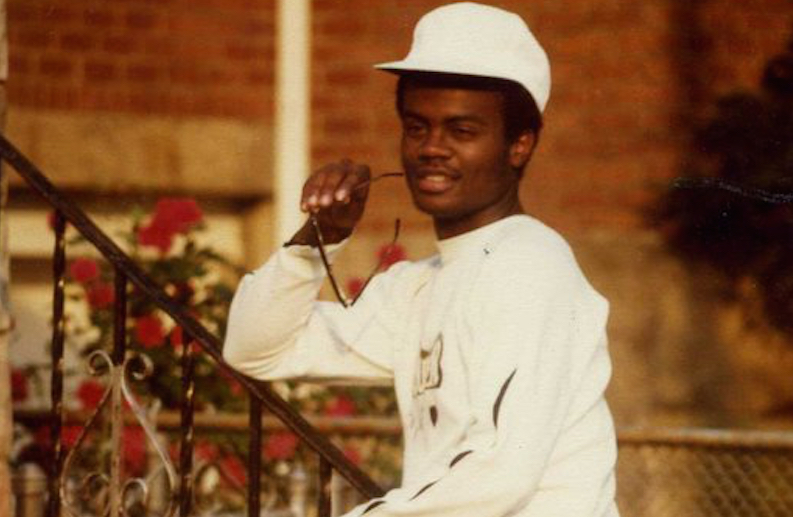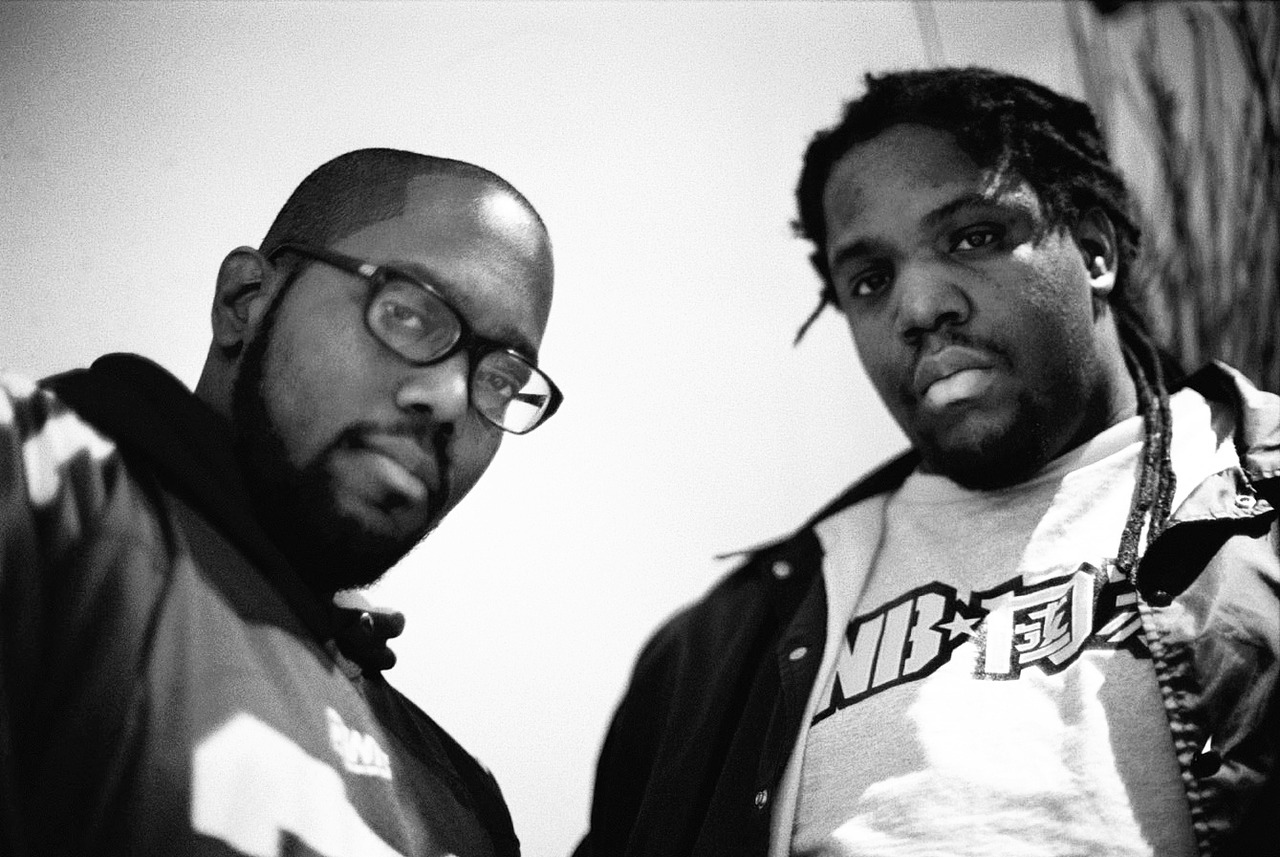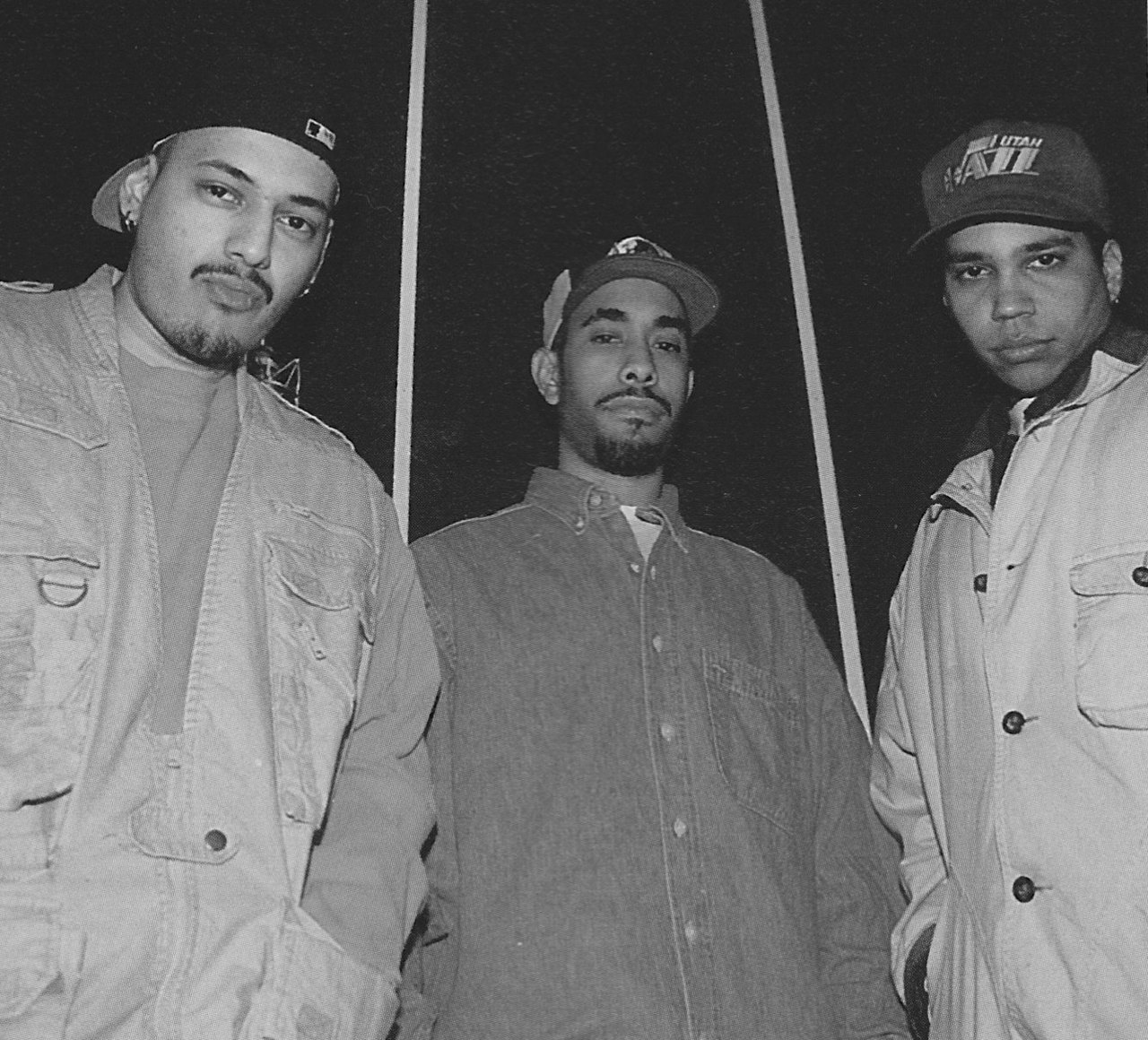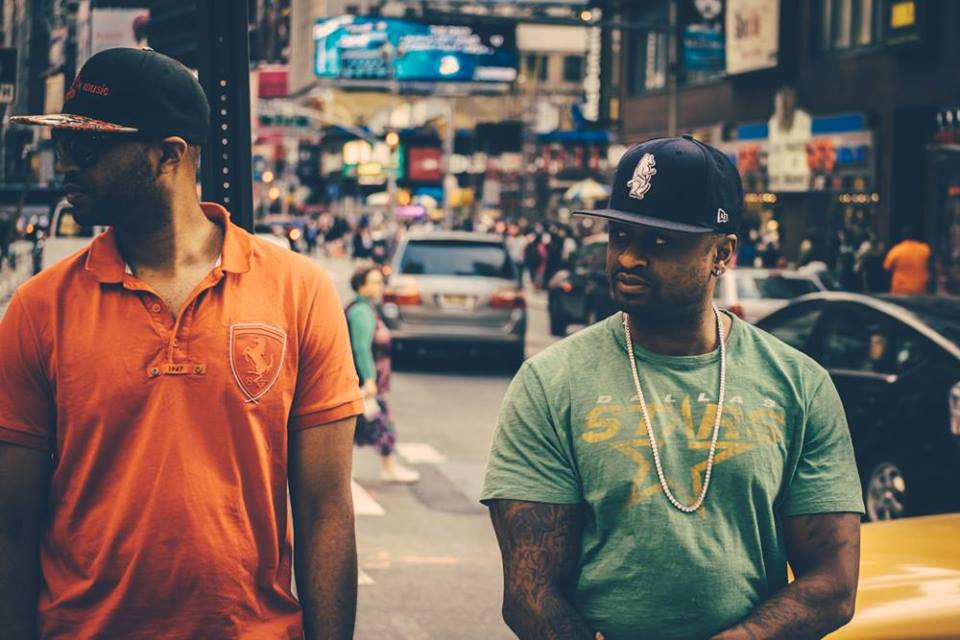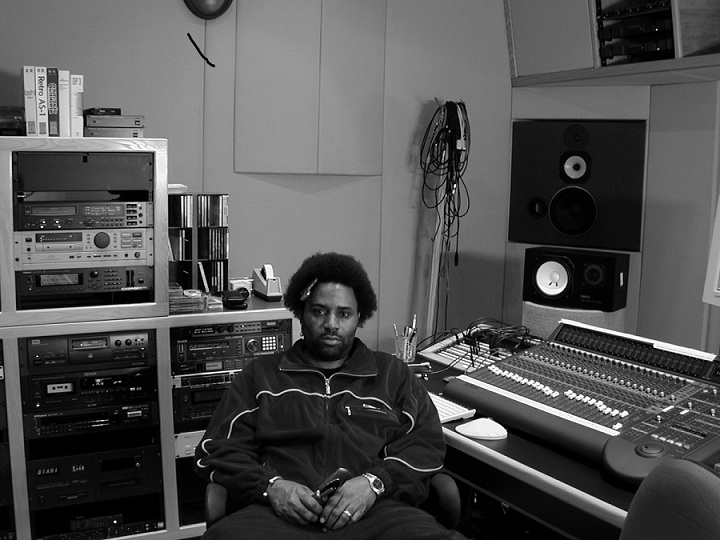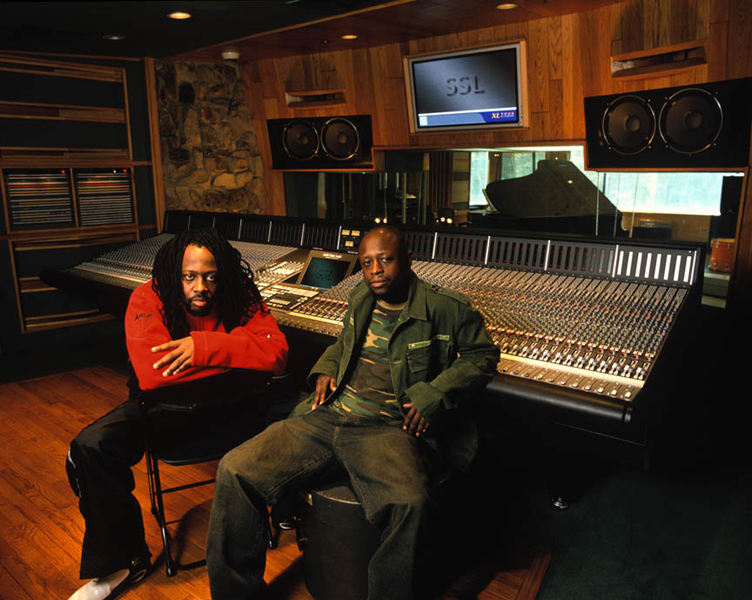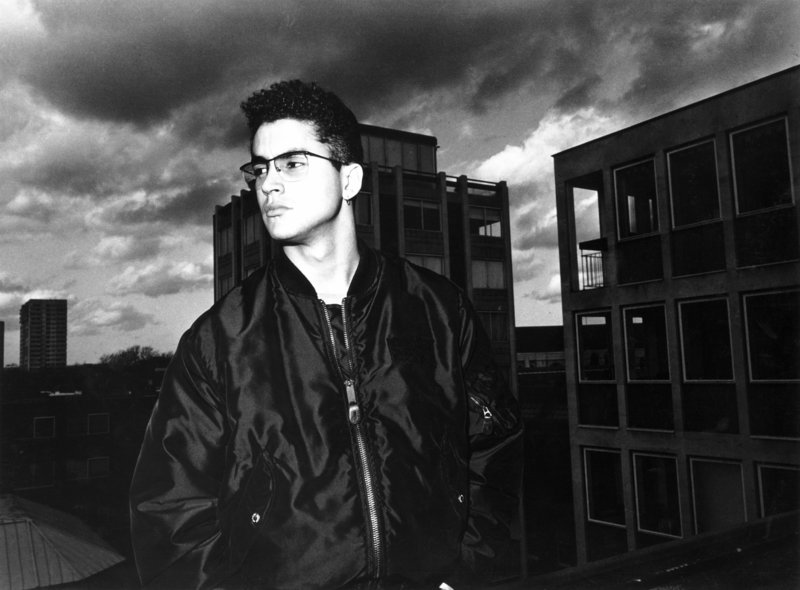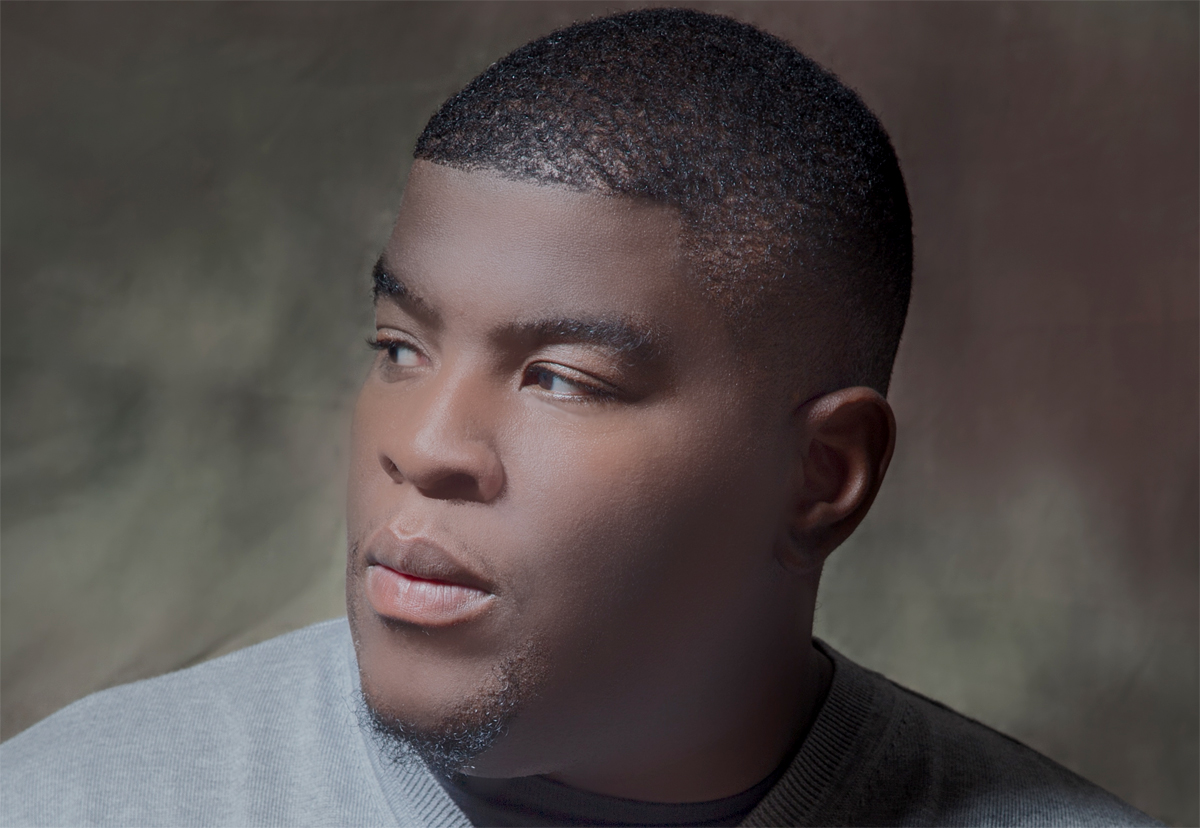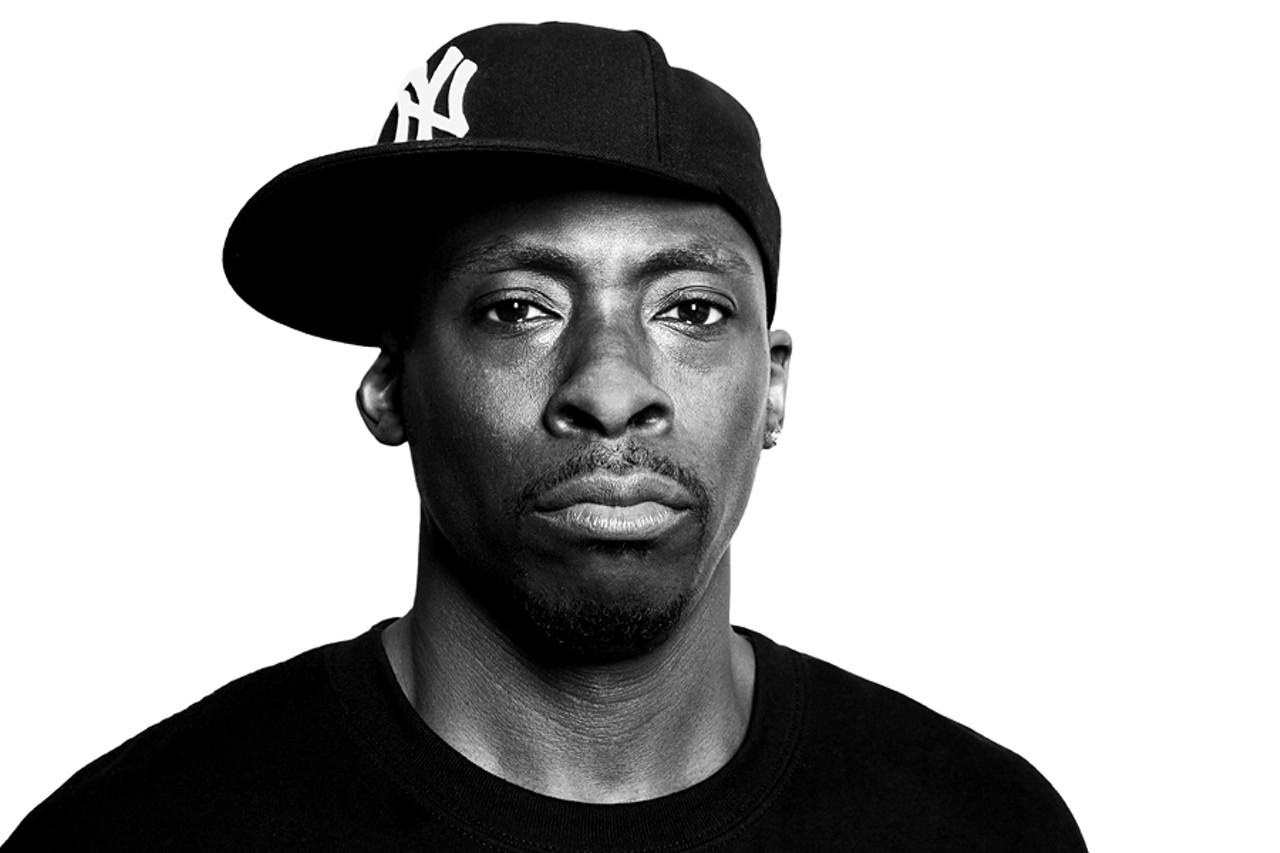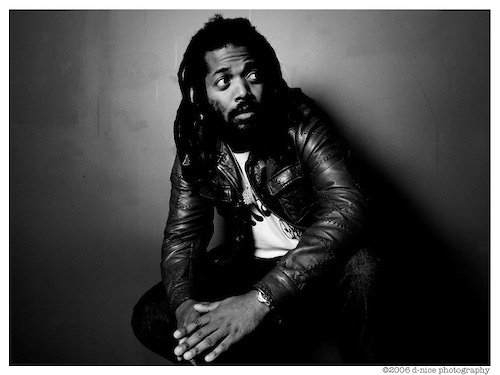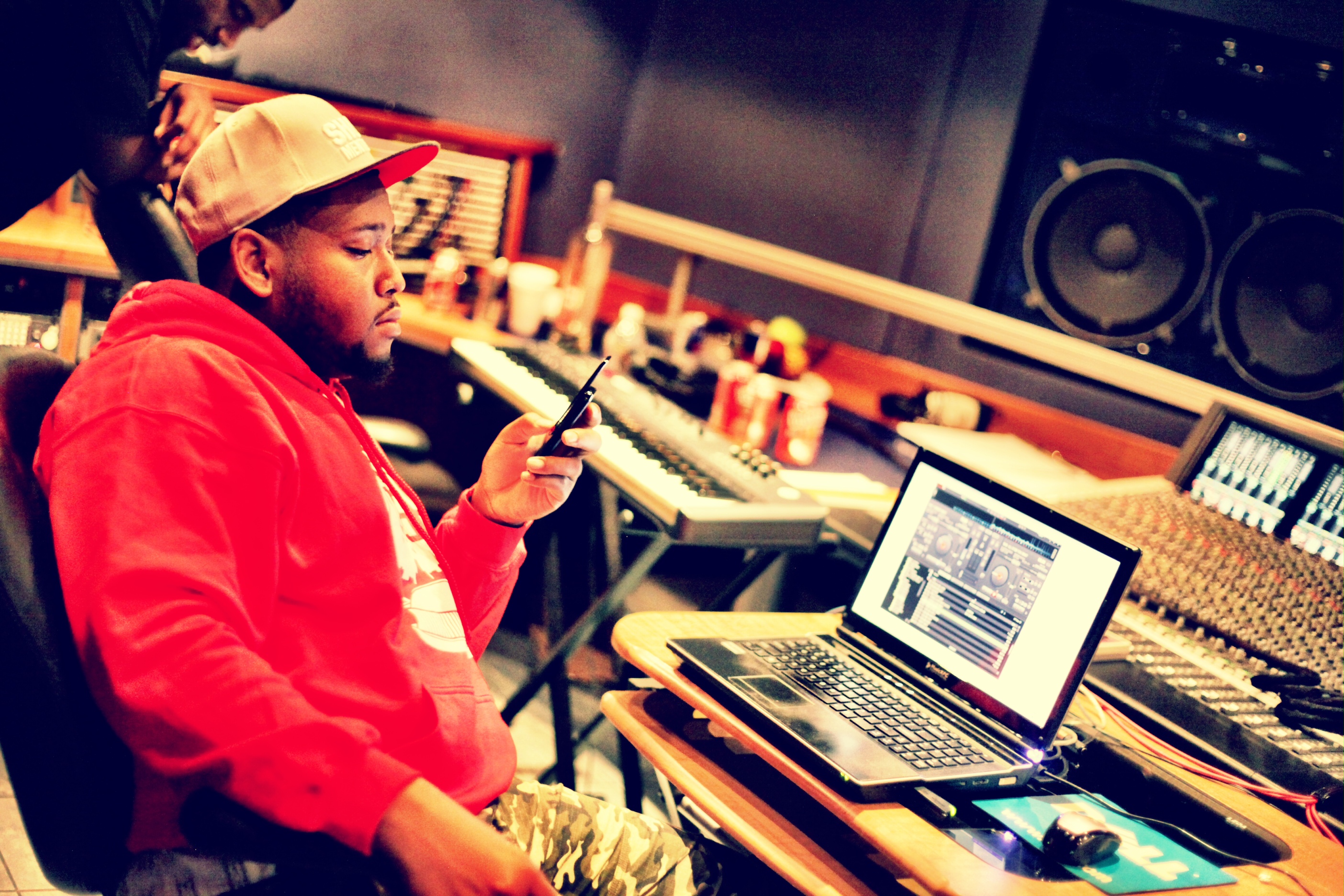In true Jamaican multi-tasking fashion, Pete Rock set the standard for producer/DJ/rappers. Lyrically, he provided the foil to rhyme partner C.L. Smooth during their ‘90s prime, but it was on the beats where he truly excelled, flexing his workaholic dexterity on beats for Run DMC, Nas, and Mary J. Blige, as well as on Pete and CL’s nearly flawless albums Mecca and the Soul Brother and The Main Ingredient. And quiet as it’s kept, he was also the uncredited ghost producer for A Tribe Called Quest’s “Jazz (We’ve Got).”
Pete Rock’s Jamaican heritage influenced his passion for music. There are iconic photos of a young Pete Rock stacking 45s like pancakes, and another of him sitting on a floor flanked by 12” records. Like many other generations of DJs before him, music is in his blood. He and his late, great cousin Heavy D collaborated on each other’s projects, with Pete bringing the beats to Hev’s Peaceful Journey and Blue Funk albums, and Heavy making a cameo on Pete Rock’s solo debut, Soul Survivor (on the appropriately-titled “Massive” also featuring Beenie Man).
Flash forward to the aughts, and Kanye West declared himself the “new version of Pete Rock” on Slum Village’s “Selfish”; West and Rock eventually hooked up on the same track when Pete produced “The Joy,” a track which appeared on the deluxe edition of Watch the Throne. And earlier this year, Pete Rock’s second all-instrumental album PeteStrumentals 2, arrived featuring “Rootz, Reggae, Kulcha.” The one-drop style beat, with a vintage sound that recalls the founding fathers of dub like Lee “Scratch” Perry and Horace Andy, is prefaced by a declaration, “roots reggae is to be found in Jamaica.” And the track wouldn’t be complete without its fair share of air horns, and lazer sound effects.
https://www.youtube.com/watch?v=FiOcVWQY2bc

